The Skin Issues That Could Indicate Poor Heart Health
Contributed by Ryan Peterson.

Photo by Vasiliy Skuratov
Who knew that your skin, your body’s largest and most fabulous organ, could be a tattletale when it comes to the health of your ticker? That’s right, people, your skin can be like that one honest friend who tells you that yes, indeed, those pants do make you look funny.
Now, before we jump into this, remember: I’m not a doctor, nor do I play one on TV. I’m just a curious soul with access to Google and a penchant for connecting dots – sometimes in a very abstract, Picasso-like manner. So, if you suspect something’s up with your heart, please see a real doctor and not just WebMD yourself into a frenzy.
Dry Skin: More Than Just a Moisturizer Issue
Let’s start with one that is maybe not so obvious: dry skin. We’ve all been there – slathering on lotion like it’s an Olympic sport. But did you know that extremely dry skin could be a sign of poor circulation? When your heart’s not pumping blood like a champion, your skin might throw a dry and scaly tantrum. It’s like your skin is passive-aggressively telling you, “Hey, I need more nourishment here!” But don’t worry yet because it could be something totally benign, for example, dry skin on side of mouth can be nothing more than the result of you licking your lips a lot!
What You Can Do
If you’re drier than a British comedy and it’s not just the winter weather or your love for hot showers, it might be worth a chat with your doctor. And maybe invest in a good humidifier.
Xanthomas: The Skin Bumps You Didn’t Sign Up For
Xanthomas, which sound like a villain in a sci-fi movie, are actually cholesterol-filled deposits that can appear on your skin. They’re like little yellow flags saying, “Hey, check your cholesterol levels!” They often pop up on eyelids, joints, and tendons and are about as welcome as in-laws on your honeymoon.
Continue readingKidney and Heart Disease: How They Are Connected
Guest post provided by Michael Spigler, Vice President of Patient Support and Education, American Kidney Fund
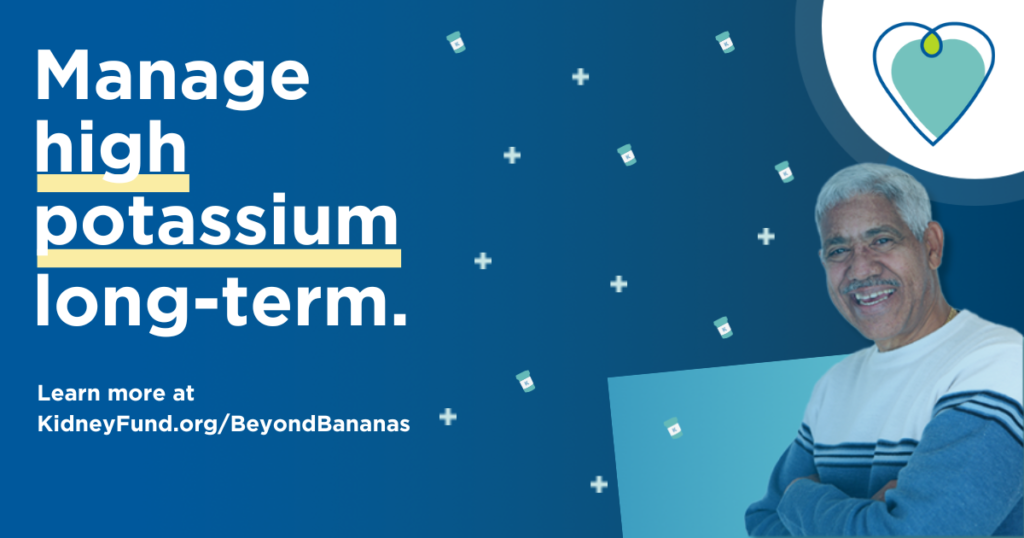
When it comes to taking care of your health, think of heart disease and kidney disease as interconnected partners. If your kidneys don’t function properly, it can lead to issues like high blood pressure and inflammation, putting your heart at risk. Additionally, heart problems can negatively affect your kidneys by reducing blood flow to them.
Having chronic kidney disease (CKD) means that you’re more likely to get heart disease. The reverse is also true: heart disease can cause CKD. In fact, heart disease is the leading cause of death among people on dialysis, a life-saving treatment for people in kidney failure.
However, many people don’t know that the best way to prevent heart disease is to prevent or treat the problems that can cause it, such as diabetes, high blood pressure and anemia.
Consider these facts:
Continue readingHow You Can Take Care of Your Heart
Contributed by Ryan Peterson.
We know that we have to take care of our hearts. Doing everything we can to eat well, lower our cholesterol, eat a balanced diet, and work out. One of the most beneficial things you can do for your health is to strengthen your heart.
And, as you may be aware, fitness is the most effective approach. In fact, if you are sedentary and do not exercise, you’re twice as likely to develop heart disease compared to someone physically active.
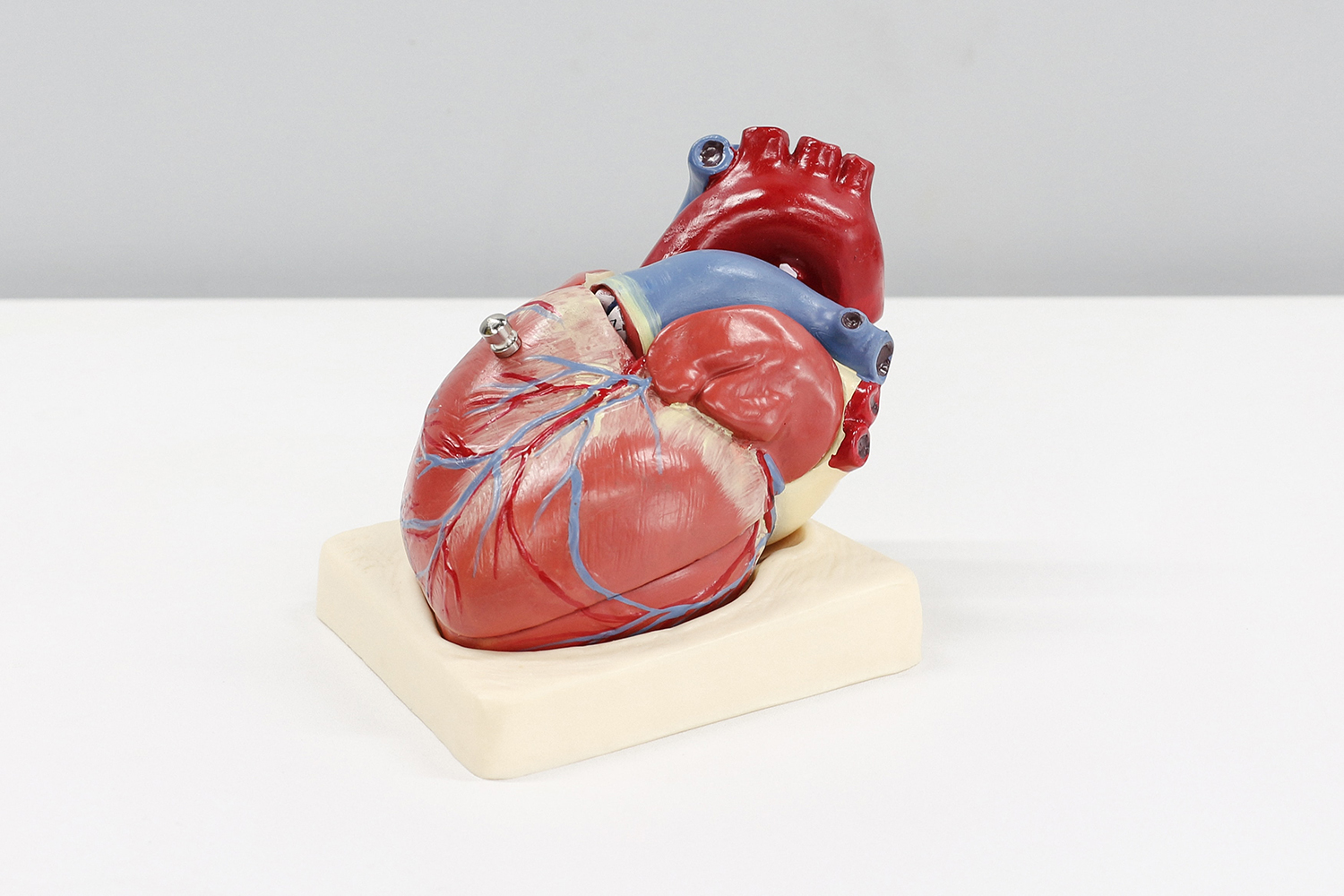
Once we have been successfully taking care of our own heart health for years, it doesn’t hurt to pass what you’ve learned on to others.
The fitness industry is one of the fastest-growing, and while there is money to be made here, it’s also putting the spotlight on people who are trying to do better.
Before you start running heart-healthy groups, it is a good idea to invest in group fitness certification online – so you are following best practices.
Below are some steps you can take to to encourage the people you know, and maybe some you don’t, to take care of their hearts.
Walking groups
Walking groups are one of the most enjoyable and lightest ways to tackle heart health. It doesn’t just promote heart healthy but mental well-being as well since it helps people get out of the house and spending time with others.
You can arrange weekly local walks and create new routes each time.
Continue readingThe Tricky Relationship Between Salt And Your Heart
Contributed by Ryan Peterson.
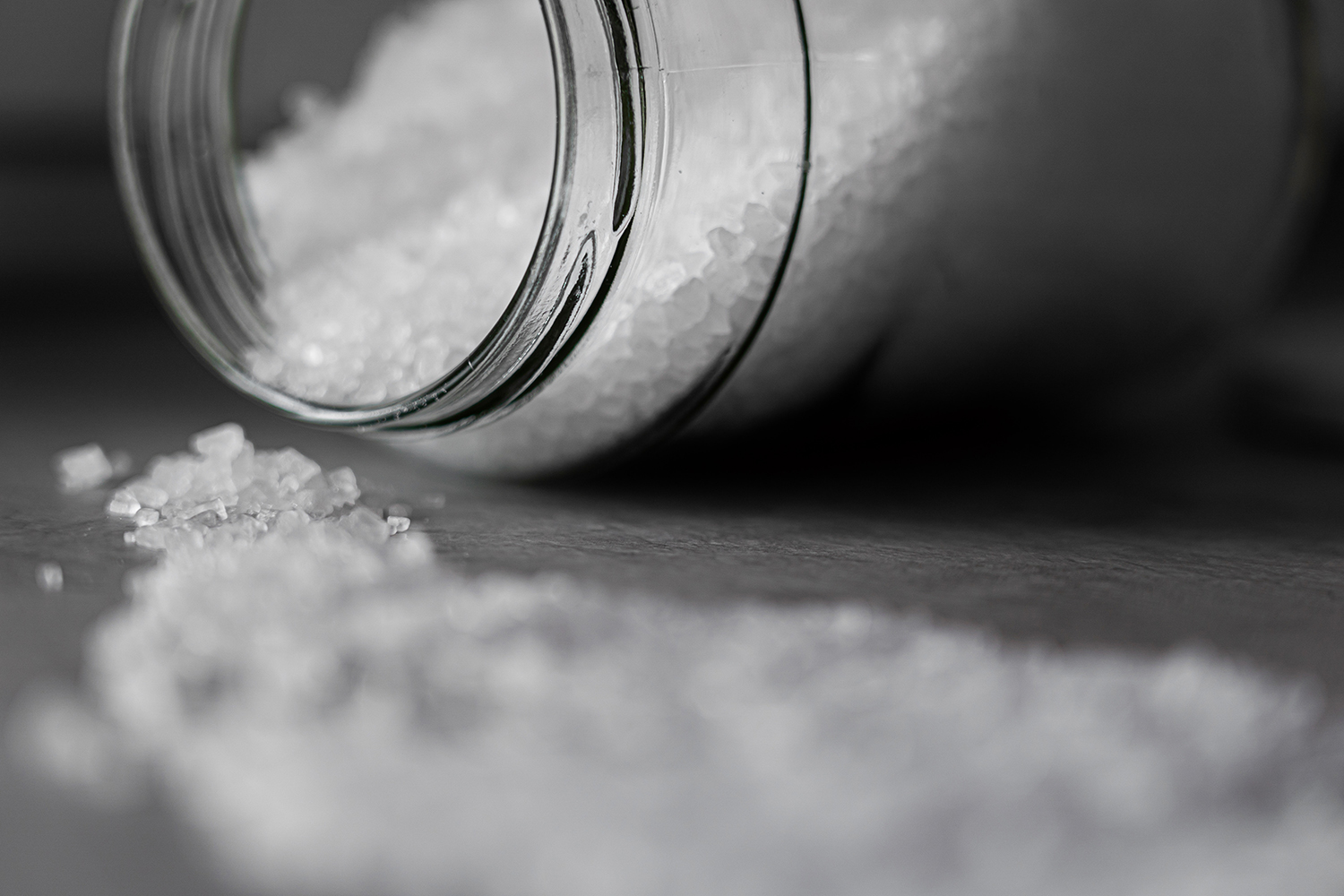
Salt is used in most cooking recipes and forms a large part of the modern diet. However, there have long been discussions over the need for it in our bodies. Salt, or sodium, can interact with our internal system in a multitude of ways. As a consequence, it has an impact on our overall heart health.
More to the point, what sort of impact does it have? Most of us have grown up knowing salt is bad for us and can lead to health problems. But, is this truly the case?
What is salt?
Salt (sodium) is a mineral that’s vital for the function of the human body. Our bodies use sodium to maintain healthy nerve functions, as well as to keep our body’s fluid levels balanced. In fact, when you feel dehydrated, it’s recommended that you add some salt to your water as it can help hydrate you by replenishing electrolyte stores. Salt is also suggested for anyone suffering from muscle cramps as a lack of it in the system can lead to excessive muscle cramping.
Consequently, you can argue that salt is an essential nutrient our bodies need. Cutting salt out of your diet is not a healthy decision as it can cause a variety of ongoing health problems.
Continue readingUntangling the Relationship Between Your Dental Health and Heart Disease
Contributed by Lisa Smith.
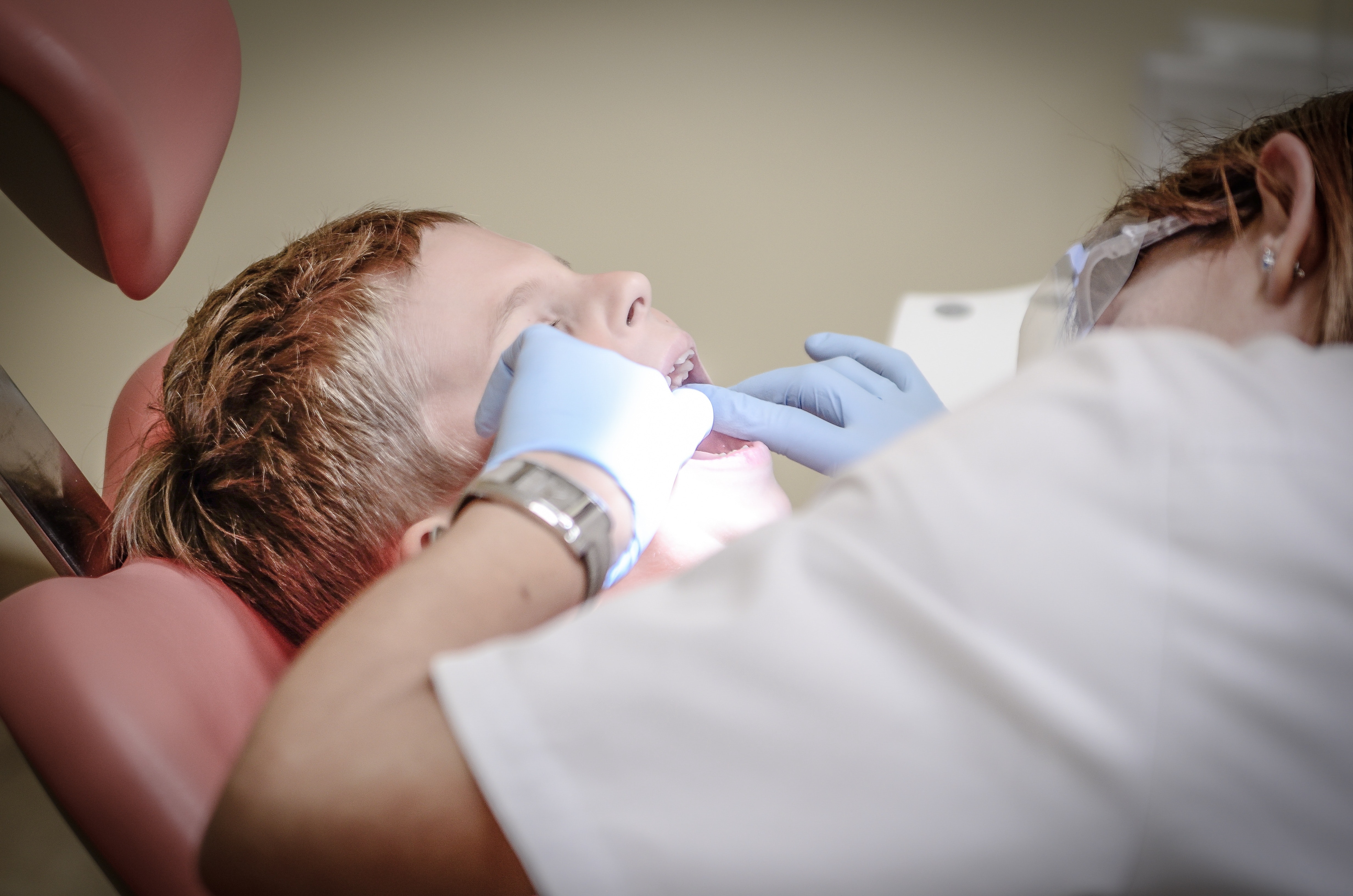
Your oral health matters. Evidence indicating that your oral health is intricately intertwined with the health of your entire body is mounting. Multiple studies have shown a strong association between gum disease and heart disease.
Your teeth are embedded in your gums. If your gums become infected, the bacteria could enter your bloodstream and spread to your heart. The infection also triggers inflammation.
Keeping your teeth in good shape is simple. Brush and floss every day and visit the dentist twice a year. You can’t change your genetics and you can’t protect against every possible problem, but you can do a lot.
Inflammation
When you eat, you fill your mouth with food particles. Most of it goes down your threat to be digested but stray particles linger in the crevices between your teeth and your gums. Harmful bacteria thrive on the sugar and bits of food left behind.
Brushing, flossing, and using mouthwash can all help shield your teeth. If you miss a spot, however, the bacteria can grow until eventually your gums or even the tooth itself become infected. Once the infection hits your bloodstream, it can travel throughout your body.
To beat the infection, your body mounts an autoimmune response. What’s your body’s biggest weapon? Inflammation. When you’re injured, white blood cells stream into the area to eradicate dead and foreign cells.
Can You Have Elective Surgery If You Have Heart Disease?
Contributed by Ryan Peterson.
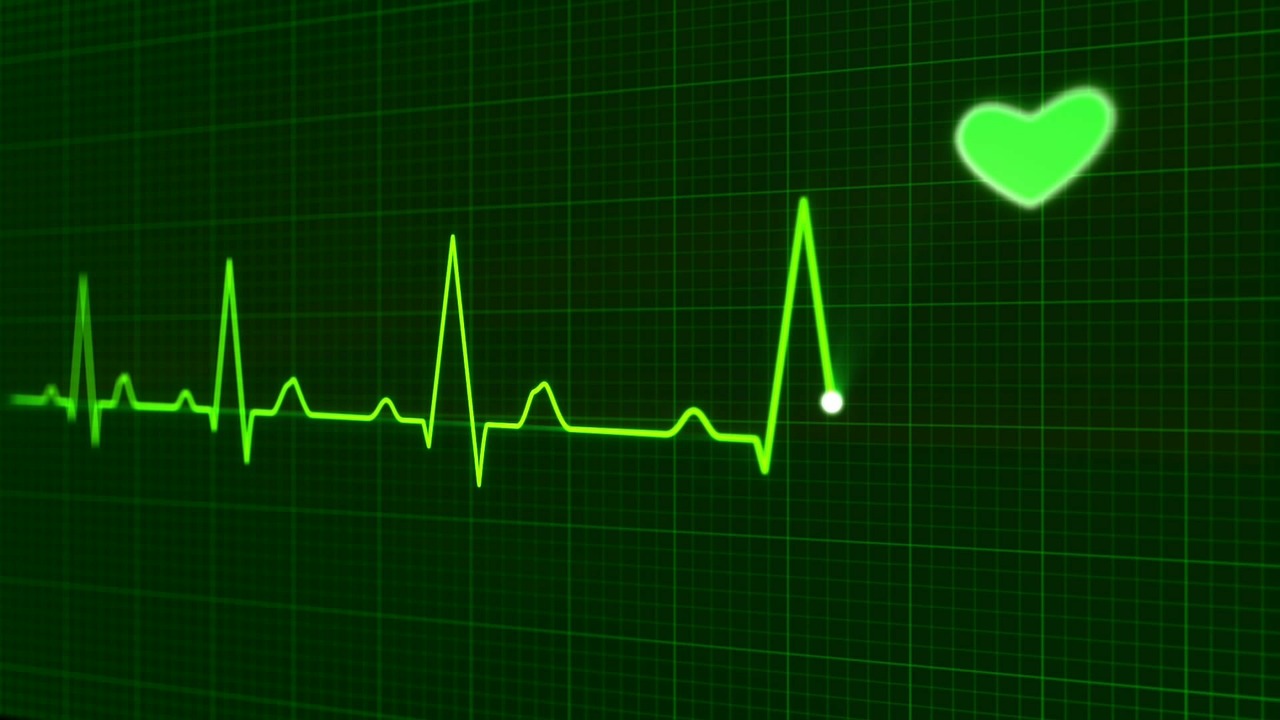 There are many reasons a person may consider undergoing elective, non-emergency surgery, but by far the most common is a desire to improve an area of their life and alleviate any pain and discomfort they are experiencing. Elective surgery can offer a lasting solution to a chronic health problem, and techniques and recovery times have improved substantially over the past 20 years, to the point that surgery is almost commonplace.
There are many reasons a person may consider undergoing elective, non-emergency surgery, but by far the most common is a desire to improve an area of their life and alleviate any pain and discomfort they are experiencing. Elective surgery can offer a lasting solution to a chronic health problem, and techniques and recovery times have improved substantially over the past 20 years, to the point that surgery is almost commonplace.
However, for those with heart disease, surgery is not such a simple choice. Receiving medical clearance for surgery when you have a severe underlying condition can be incredibly difficult – but it’s not impossible.
It is possible for people with heart disease to have elective surgery…
… though there are a number of factors that can influence the decision.
The first area of consideration is the type of surgery. Some operations, such as hand surgery performed for the likes of carpal tunnel surgery or a sinus procedure, are considered relatively “low risk”. For these forms of surgery, clearance is usually easier to obtain; you may be required to undergo further testing before being approved for surgery, but the chances of approval are far higher, and all the more so if the procedure will be completed under local anesthetic.



